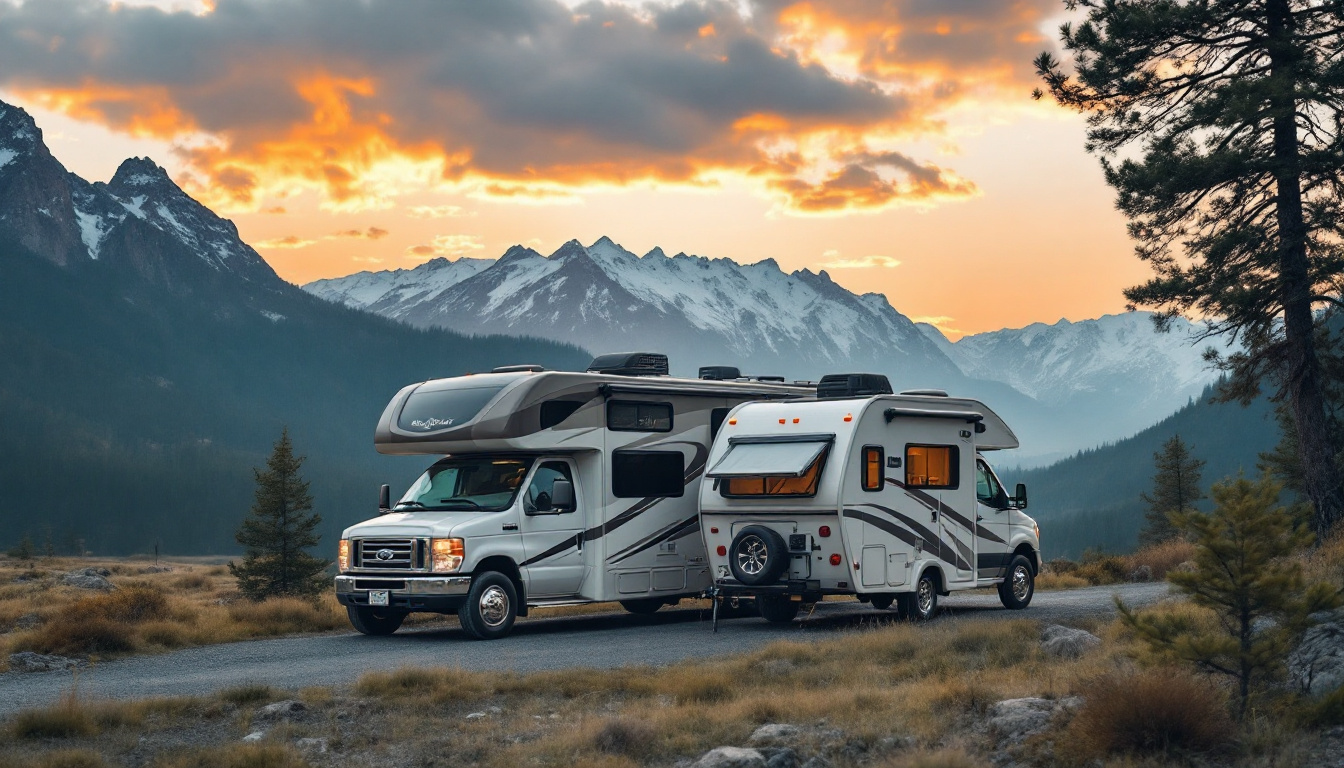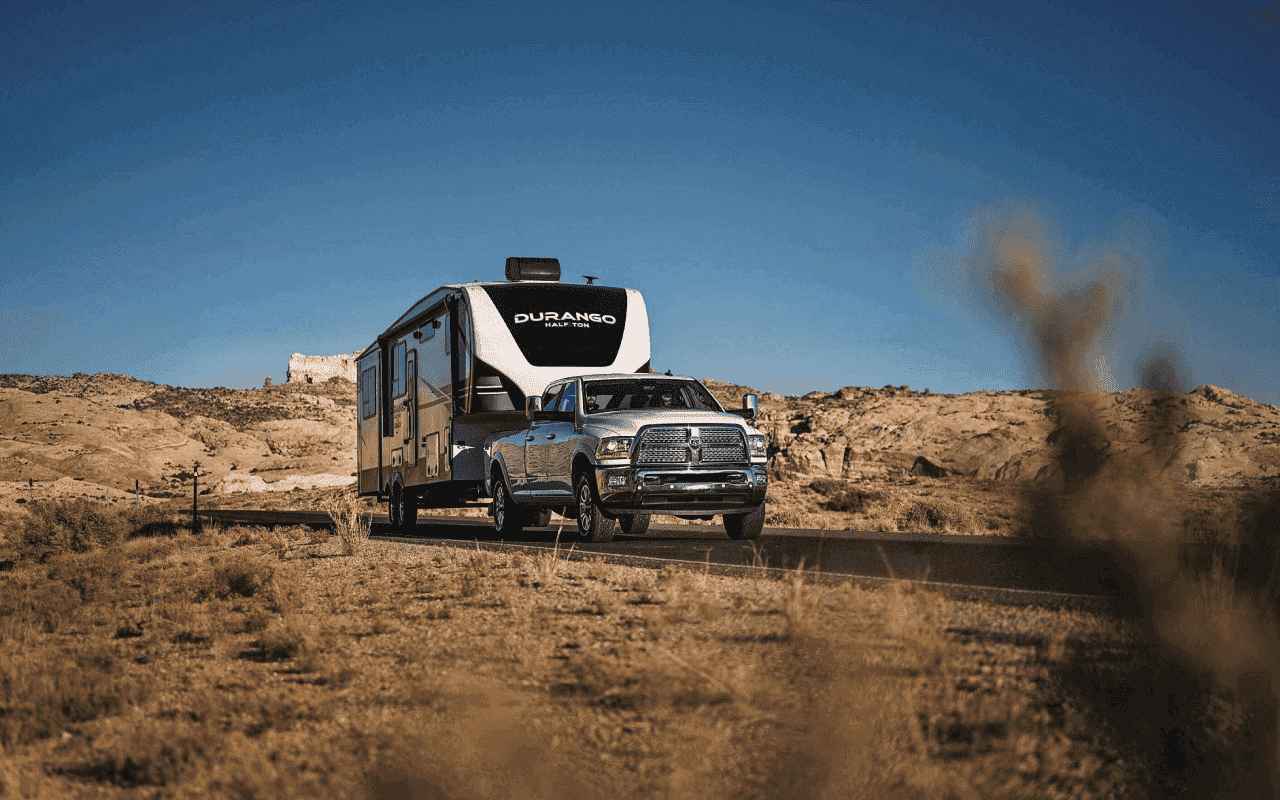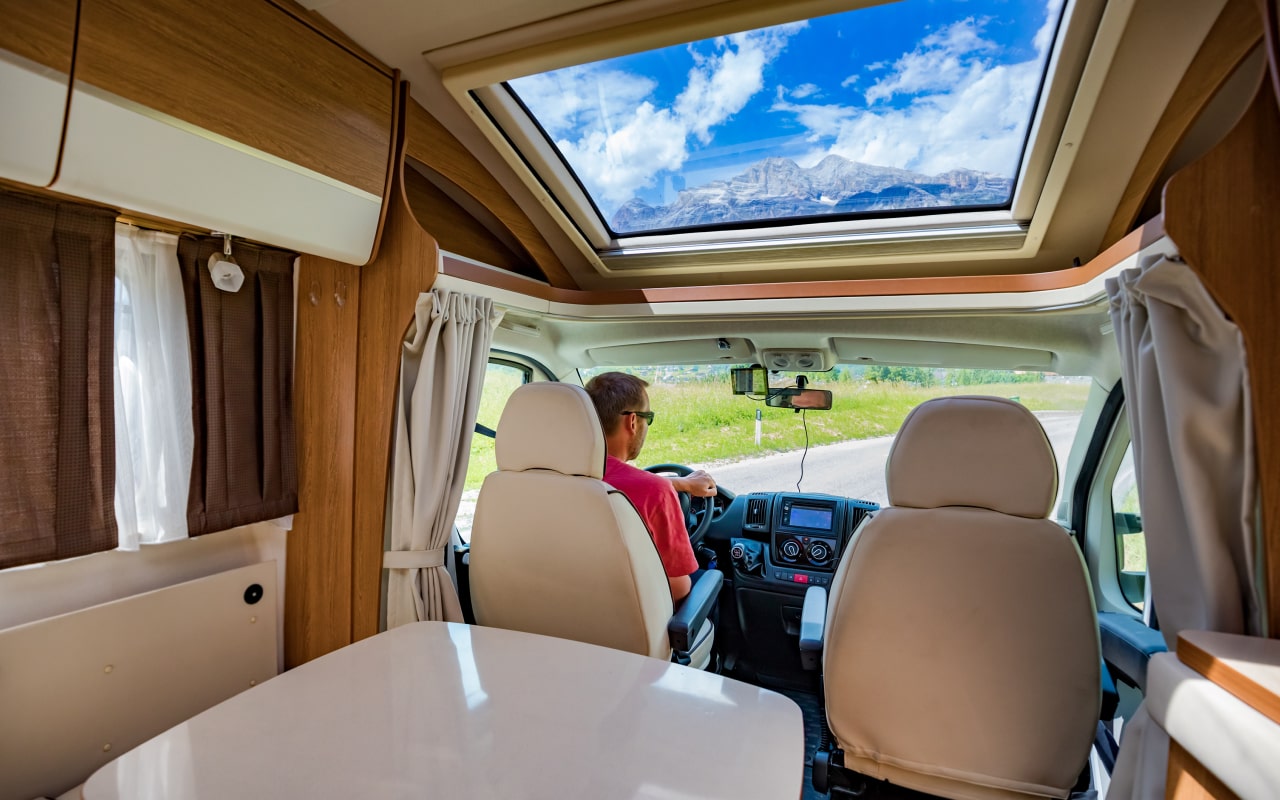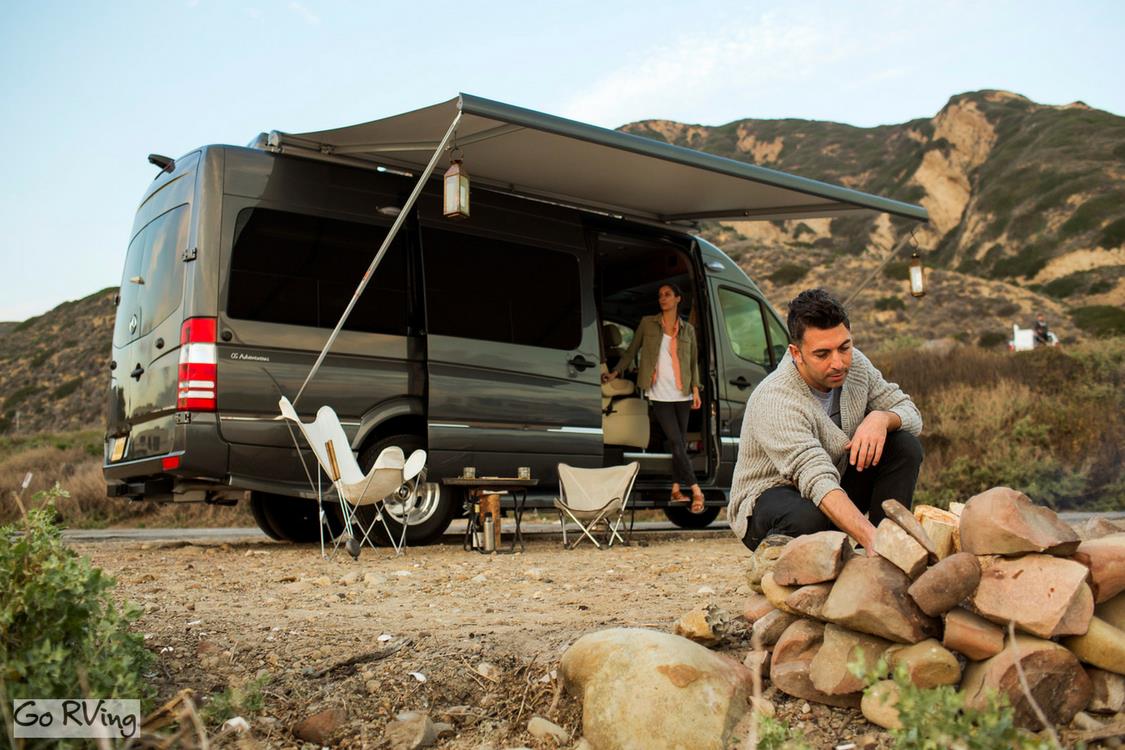
Understanding RV Sizes
Understanding RV sizes is fundamental to making an informed decision about which type of recreational vehicle is right for you. RVs are categorized based on their length, width, height, and overall functionality. These dimensions significantly impact how the vehicle performs, as well as how you experience your travel adventures.
Defining 'Big' and 'Small' in the RV World
In the RV world, 'big' generally refers to motorhomes and larger fifth wheels that can exceed 35 feet in length. These units often come with multiple slides, allowing for expansive living areas that can comfortably accommodate families and groups. The additional space in these larger RVs often includes full kitchens, multiple bedrooms, and even entertainment systems, making them perfect for extended trips or family vacations where comfort is a priority.
Conversely, 'small' RVs are typically travel trailers, pop-up campers, or Class B vans measuring under 25 feet. These compact vehicles prioritize mobility and ease of handling, making them ideal for solo travelers or couples. Small RVs are often equipped with clever storage solutions and multifunctional furniture, allowing you to maximize your living space without sacrificing essential amenities. Their lightweight design also means they can be towed by a wider variety of vehicles, making them accessible to many adventurers.
The Spectrum of RV Sizes
The market offers a vast spectrum of RV sizes, each catering to different preferences and needs. You can find models that range from ultra-compact campers designed for quick weekend trips to luxurious motorhomes featuring all the amenities of a five-star hotel. Many manufacturers now focus on creating hybrid models that blend the benefits of both small and large RVs, offering innovative designs that maximize space while maintaining ease of use.
Deciding where your preferences fall on this spectrum can help narrow down your options, whether you're looking for spacious accommodations or a vehicle that’s easily maneuverable in tight spaces. Additionally, considering the type of travel you plan to undertake is crucial; for instance, if you enjoy off-the-beaten-path destinations, a smaller RV may provide the flexibility needed to navigate narrow roads and tight campsites. On the other hand, if you envision long road trips with family and friends, investing in a larger RV with ample living space and storage could enhance your travel experience significantly.
The Pros and Cons of Big RVs
Big RVs can offer a lavish experience on the road, but they come with their own set of pros and cons that are essential to consider before making a choice.
The Benefits of Space and Comfort
One of the most significant advantages of larger RVs is the abundant space they provide. Families can enjoy separate sleeping quarters, full kitchens, and spacious bathrooms. This comfort is especially beneficial during extended trips, where living in tight quarters can become burdensome.
Additionally, larger RVs often feature higher-end finishes and technology, enhancing both convenience and luxury while on the road.
The Drawbacks of Large RVs
Despite their many features, big RVs also present several challenges. Maneuverability can be a major issue, especially in urban areas or off-the-beaten-path locations. Parking and setup can also be cumbersome, requiring a bit of forethought and planning.
Moreover, larger RVs tend to have higher costs for both purchase and maintenance. Fuel efficiency can significantly decrease as the size increases, leading to higher travel expenses.
The Advantages and Disadvantages of Small RVs
Small RVs come with their own benefits, making them appealing for a different audience. Understanding the pros and cons can help clarify if a smaller model aligns with your traveling style.
The Perks of Compact Travel
Small RVs promote a sense of adventure due to their manageable size and lightweight nature. They are easier to drive, park, and maneuver, allowing travelers to access more remote locations that might be off-limits to larger models.
Additionally, compact RVs often come with the essential amenities to ensure comfort, making them ideal for spontaneous trips or weekend getaways.
The Limitations of Small RVs
However, smaller RVs do have limitations. Space is often at a premium, which can lead to discomfort or inconvenience for larger families or extended stays. The lack of storage can be restricting, requiring more careful packing and organization.
While they may be cost-effective upfront, the trade-off in comfort and amenities should be weighed carefully against your travel needs.
Factors to Consider When Choosing an RV Size
When it comes to selecting the appropriate RV size for your adventures, several key factors should guide your decision-making process.

Your Travel Lifestyle
Your travel lifestyle plays a crucial role in determining what size RV fits your needs best. Consider how often you plan to travel, the number of people traveling with you, and the types of trips you enjoy. Regular road trips with family may require more space, while solo weekend adventures could suit a compact RV.
Budget Considerations
Your budget will undeniably impact your choice of RV size. Larger vehicles generally come with higher purchase prices, insurance costs, and ongoing maintenance. It's important to calculate the total financial commitment of ownership, including fuel and storage expenses.
Maintenance and Upkeep
Lastly, consider the level of maintenance and upkeep required for different RV sizes. Larger RVs can be more challenging to manage in terms of both repairs and regular maintenance. Smaller RVs, while easier to handle, may not have the same longevity as their larger counterparts.
Making the Right RV Choice for You
After weighing the options and understanding your personal preferences, it’s time to make an informed choice that aligns with your travel aspirations.

Assessing Your Needs and Preferences
Reflect on your travel habits, family dynamics, and desired comfort levels. Create a checklist of features that are non-negotiable for you, as this will serve as a guideline when reviewing various models.
Seeking Professional Advice
Consulting professionals or visiting RV shows can also provide valuable insights. Experts can help you navigate available options while considering your specific needs.
Test Driving Different RV Sizes
Finally, nothing beats the experience of test-driving different RV sizes. Taking a few models for a spin can give you a real feel for their handling and comfort, ultimately aiding in your decision-making process.
In conclusion, the choice between the biggest and smallest RVs boils down to your personal preferences, travel habits, and lifestyle. By considering the various factors discussed, you can ensure that your RV will not only meet your needs but also enhance your travel experiences.
Find Your Perfect RV at Lazydays
Ready to embark on your next adventure with the ideal RV that suits your lifestyle? Look no further than Lazydays RV, where our vast selection meets your every need. From cozy travel trailers to luxurious motorhomes, our friendly experts are here to guide you through the nation's largest assortment of RVs. Whether you're seeking a new journey or a home away from home, Shop Now at Lazydays RV and turn your travel dreams into reality.



